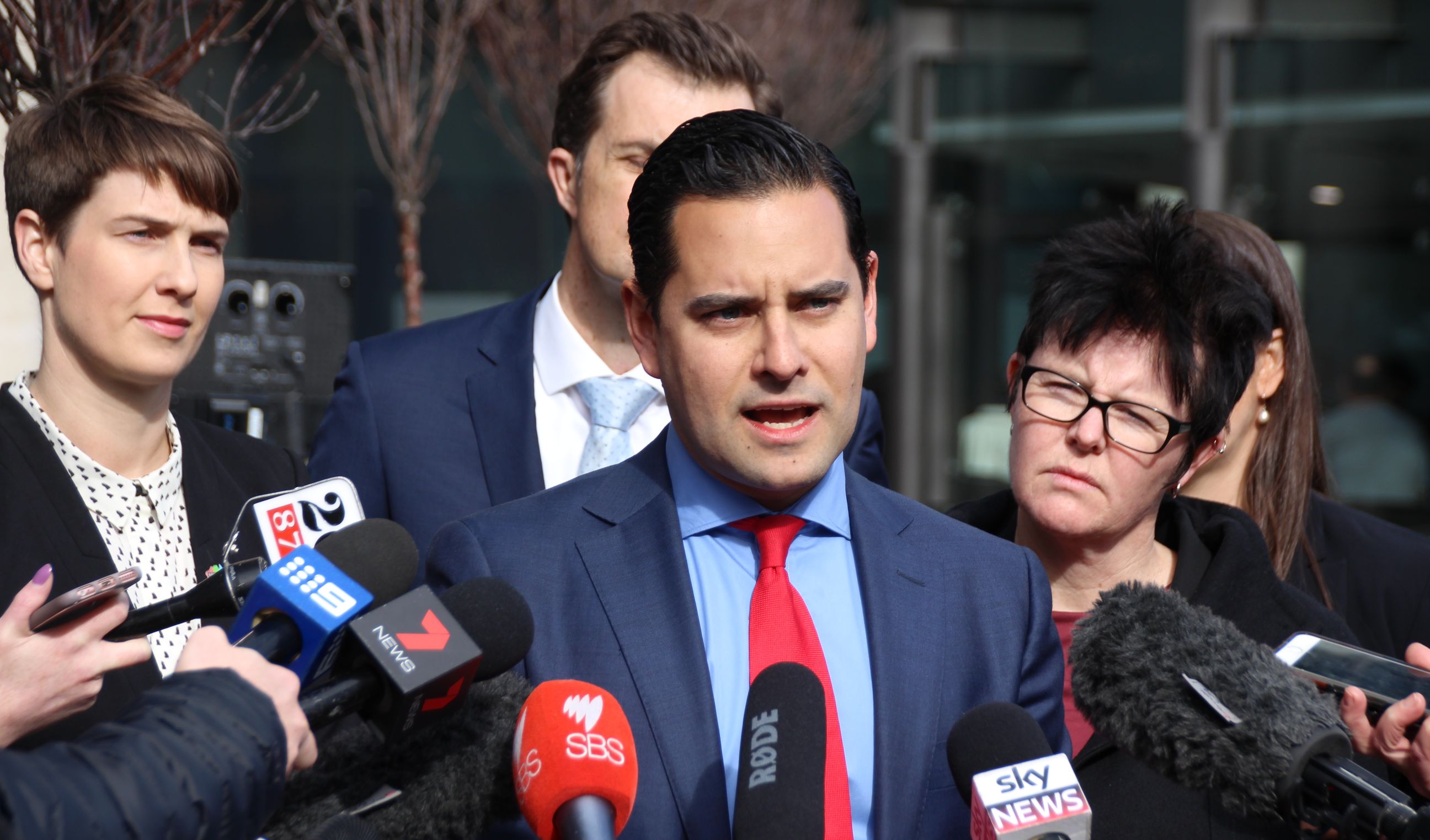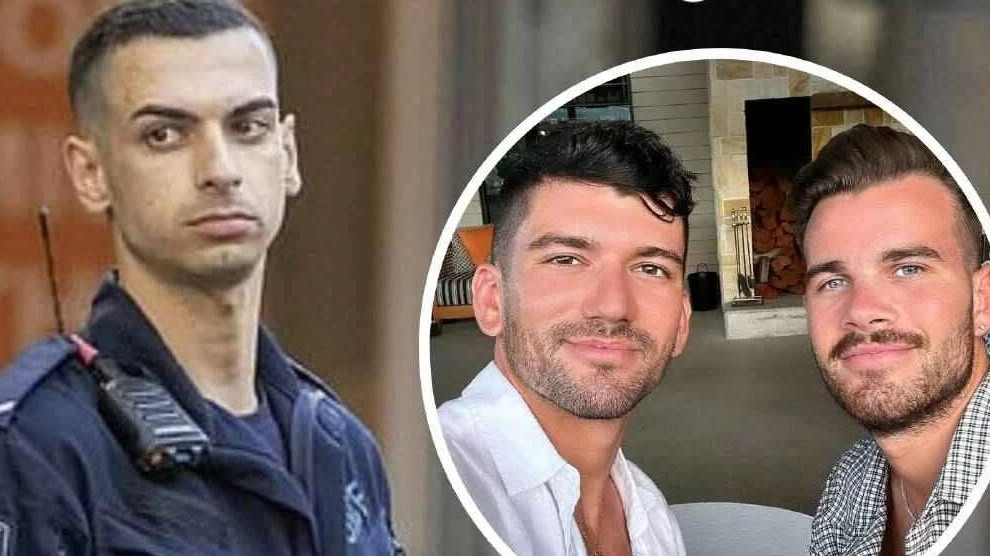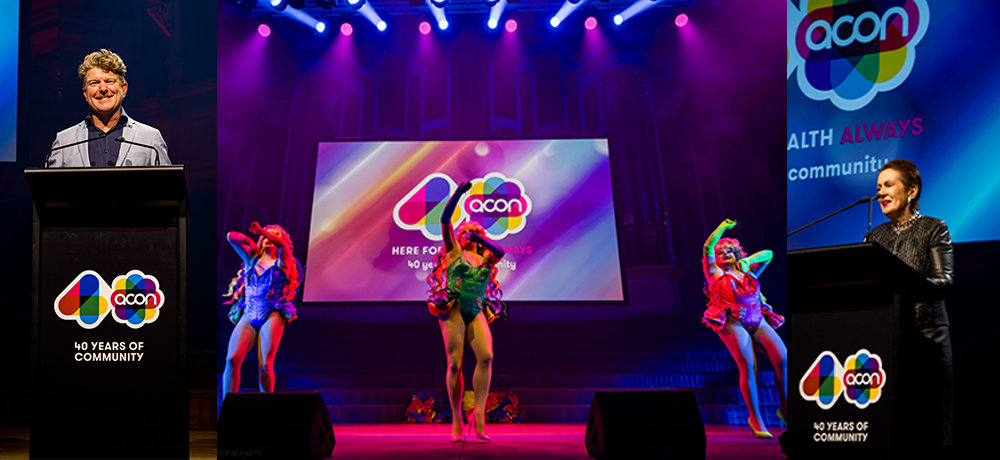
Last-ditch effort to stop the postal survey: behind the High Court challenges, one year later

In this condensed excerpt from Yes Yes Yes: Australia’s Journey to Marriage Equality, Dr Shirleene Robinson and Alex Greenwich MP write about going to the High Court of Australia in 2017, where two separate sets of advocates made a final attempt to stop the postal survey.
***
No-one could have predicted that a challenge before the High Court of Australia was just around the corner in August 2017. As the temperature was rising on the issue of marriage equality, the campaign had kept up its efforts.
The situation was coming to a head. Warren Entsch was getting sick of all the talk and wanted a vote on marriage equality.
He went to the prime minister, telling him that ‘we’re going to bring it on’. Warren told us he ‘made it very clear to the prime minister that if he didn’t do it, we would give it to the Labor Party and they would do it and we would cross the floor’.
Tim Wilson says that although the Rainbow Rebels in the Liberal Party felt everyone should have a free vote, they knew it wasn’t likely to happen.
For him, the worst-case scenario was: ‘We could have forced a vote, and that would have been defeated in the Senate because two Greens senators disappeared overnight, meaning a vote would be defeated which would be a complete clusterfuck. So while we didn’t agree with it, once it was clear that was the position, some people still wanted us to cross the floor. It would have ended, I’m absolutely confident, in a complete disaster, and that would have killed the issue for up to a decade’.
The fear was that parliament would have voted down both a plebiscite on marriage equality and marriage equality itself at once.
The Cabinet decided the issue needed to be resolved and another party room meeting was pending.
Tim’s read of the room was that it didn’t look good for a free vote, despite the campaign’s valiant efforts. He said to the campaign, ‘You need to decide whether you prefer a compulsory attendance vote that parliament defines through a vote, or a postal vote that cabinet decides on’.
The Rainbow Rebels would go to the party room passionately arguing the case for a parliamentary vote. They lost, and the government agreed to try to pass the plebiscite legislation through the Senate.
They also made it clear that, if that failed, they would impose a postal survey.
Talking to us in 2018, respected trans advocate Kelly Glanney reflected back on why the coalition party-room decided on a postal survey.
She says, ‘Clearly the main reason we had to go through this was more about the obvious culture war going on in the Coalition than what the vast majority of Australians wanted or would have chosen. We endured this painful Spanish Inquisition process not in the national interest, but because Malcolm Turnbull and Tony Abbott couldn’t play nice’.
The government moved quickly, and on 9 August 2017, moved a procedural motion which would have then served to bring on the plebiscite Bill again. The government couldn’t even get their initial procedural motion through. Later that day, they announced they would proceed with the postal survey.
Alex and Anna Brown from the Human Rights Law Centre and Co-Chair of the Equality Campaign, fronted the press and declared that the government’s approach to marriage equality had gone ‘well beyond a joke’ and threatened to challenge the policy in the High Court.
Alex remembers being in a lift in parliament on the way to a press conference about the campaign’s response to the postal survey. He was asked, ‘Alex, you’re not going to announce a boycott, are you?’ Alex responded, ‘We are not ruling anything in or out’ and initially the campaign’s official position was that we would see what was on offer but commit to challenge the policy in the High Court.
Two cases were lodged in the aftermath of the Coalition’s announcement.
The first was brought by the Public Interest Advocacy Centre with Tasmanian Independent MP Andrew Wilkie, PFLAG and Rainbow Families’ Felicity Marlowe. Their barristers were Ron Merkel QC, Kathleen Foley, Christopher Tran and Simona Gorey.
Our case was brought by the Human Rights Law Centre and involved AME and Greens Senator Janet Rice. Our barristers were Katherine Richardson SC, James Emmett, Gerald Ng, and Surya Palaniappan.
There was some overlap between the two cases. Anna Brown remembers the two legal teams co-operating well to ensure that the evidence and arguments put forward to the court were complementary.
It was very unusual to have a case of this scale and complexity brought before the High Court in such a short timeframe.
Anna credits Michelle Bennett from the Human Rights Law Centre for her hard work with LGBTIQ advocates and parliamentarians from different teams to co-ordinate a media strategy for the cases. Everyone had to be equally prepared for the possibility of winning or losing.
A core group of AME advocates, including Shirleene, Sarah Midgley, Liam Ryan, Carol Burger, Tim Peppard, Dawn Hawkins and Peter Black, went to the High Court’s Sydney base to be present with Alex and Anna for the directions hearing. Anna knew the High Court challenge would be hard. She emphasises though:
‘It was something we had to do for the LGBTIQ community because people were so scared and felt so threatened by the idea of their rights being voted on and held up – their relationships and the worth of their relationships being held for scrutiny for the entire Australian population to judge – that we needed to do that for legal certainty.
Because, either way, even if we’d not run the challenge, there would be question marks about its legal validity, and if we didn’t challenge it then we won, who knows? The Christian Lobby or the No side, Coalition for Marriage, could have challenged it and it was important to have that legal clarity up front. And I think it was an important way of the community working through its feelings, in a way, around the challenge. And it gave us time to effectively pivot from our opposition and our fear and our anxiety to again finding that way of coming together and fighting a positive campaign to win.’
If the postal survey was not stopped in the High Court, the campaign decided that it would not boycott it. Losing the survey, even with people deliberately boycotting, would have been disastrous for the LGBTIQ community.
Alex remembers getting a call from Bill Shorten saying, ‘This policy is bullshit, but if we can’t defeat it in the High Court, we will fight hard to win it’. Labor’s support would prove to be critical in winning any public vote.
So the rollercoaster continued. This was an especially hard moment for staff and volunteers.
Helen Ross-Browne, who had been responsible for much of the incredible creative work the campaign was producing, had just come back from a break and remembers ‘hearing or seeing Turnbull come out and tell us that he was a strong leader and that he was going to have a postal survey and I was devastated.’
The team knew that if the High Court challenge wasn’t successful, the campaign would need to grow very quickly from twelve exhausted, hard-working people and a handful of volunteers who had been through a series of challenges over years, to a structure that could pull off a world-first – win marriage equality through a non-compulsory postal ballot.
The AME team, including Alex, Janine, Shirleene, Sarah, Peter Black and Tim Peppard, had all converged on the High Court’s base in Melbourne to hear the case over two days in September.
The court was packed with advocates from all over the country, desperate to find out if the postal survey would be going ahead.
The world’s media was watching and the pressure was mounting on the campaign team. Should we be successful, we would be heading right back to Canberra with a strong message that we would continue to make this an issue every day to the next election and beyond. If we lost, we had a plan to start campaigning immediately.
Less than twenty-four hours after the two-day hearing, the High Court announced its decision and it was unanimous. The postal survey would proceed. There was no time to dwell on the implications or let anxiety sink it. We had to start campaigning immediately.










” he personally, came out, along with Julia Gillard, vehemently Opposed to us getting our Right to Marry.”
Demonstrably bullshit. Shorten voted Yes in the House of Reps in 2012, when Pyne, Turnbull and many other allegedly progressive Libs voted No.
Sure Gillard and Rudd voted No too, but Shorten has been strong on this issue for years.
Why not give us just one single quote from Shorten where he was in any way opposed to marriage equality? Too much to ask? It sadly is Robert, I’ve been requesting you back up your slanderous assertions about Shorten for over a year now and you’re yet to produce an iota of evidence.
Why do you keep lying about Shorten?
Let it never, ever be forgotten that no matter what Bill Shorten may have said before and since the Postal Survey and after there was an overwhelming “Yes” Vote he personally, came out, along with Julia Gillard, vehemently Opposed to us getting our Right to Marry.
Then when the results showed that the vast majority of Australians were in favour of us getting this very important step in Equality, Mr Flip-Flip Shorten suddenly became the Champion of Same Gender Marriage. He even had the gall to claim that it had all been his idea in the first place.
Maybe the policy was bullshit but if that Postal Survey had not taken place we would still be waiting for the Federal Parliament to change the Australian Marriage Act and there was NO Guarantee that WA Liberal (note that Liberal) MP Dean Smith’s Private Member’s Bill would have even been allowed to be debated let alone passed by both Houses. With Shorten’s long-held policy of being Opposed to us getting the Right to Marry he would have seen to it that the ALP voted against it, ensuring it’s defeat. No matter what other ALP MPs & Senators thought if any of them, including Penny Wong, had disobeyed they would have been expelled from the Party.